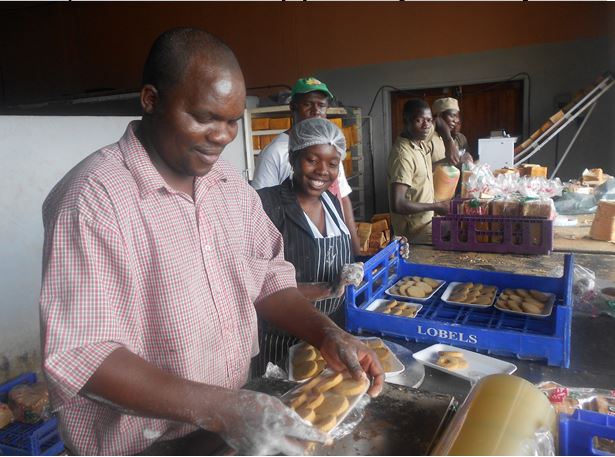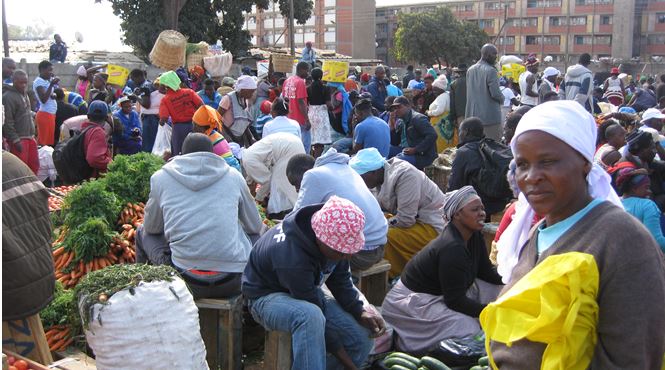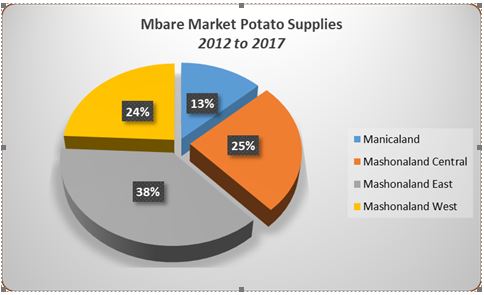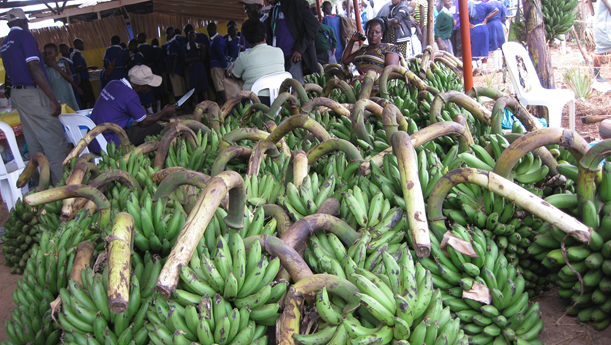Nudging universities in developing countries to harness community based inquiry
Contrary to prevailing formal approaches, knowledge sharing in most rural African communities is embedded in the way people work. For instance, knowledge sharing happens as farmers select seed or choose livestock breeds. It also happens as they milk cows, plant crops, weed, harvest, store and market. They do not stop and say, “Now let us Read more about Nudging universities in developing countries to harness community based inquiry[…]










